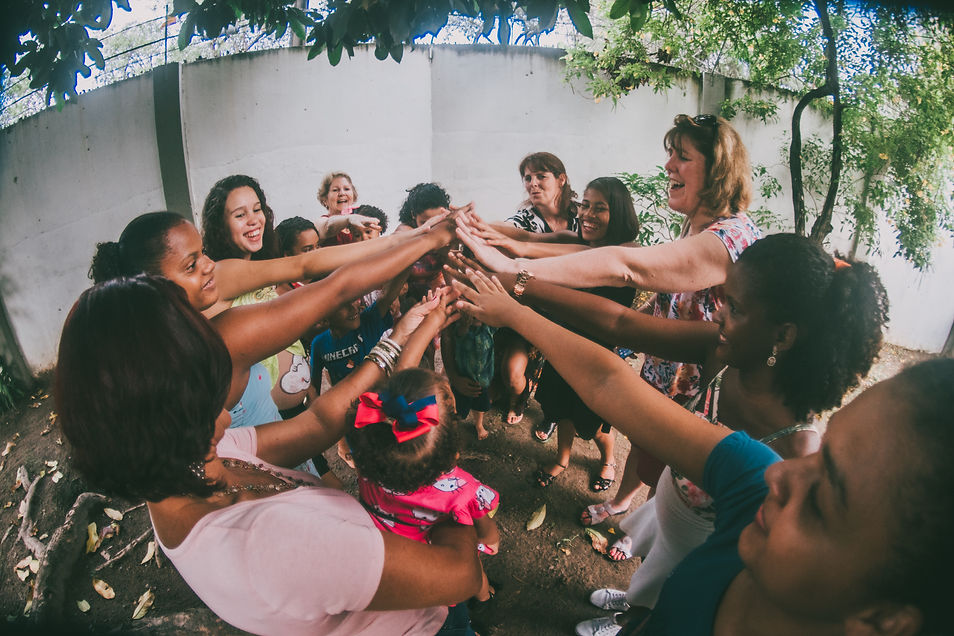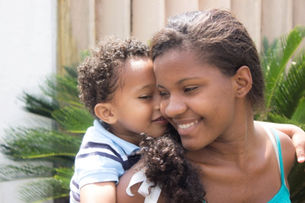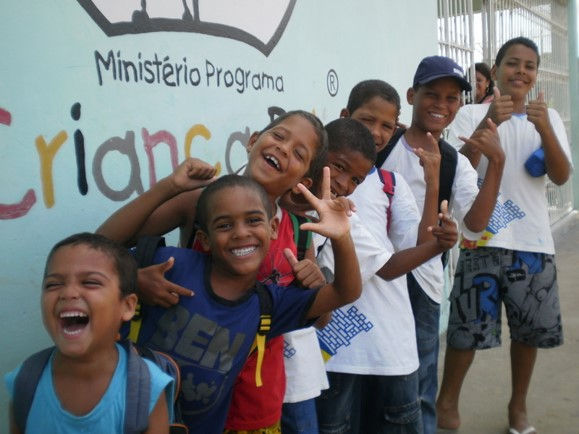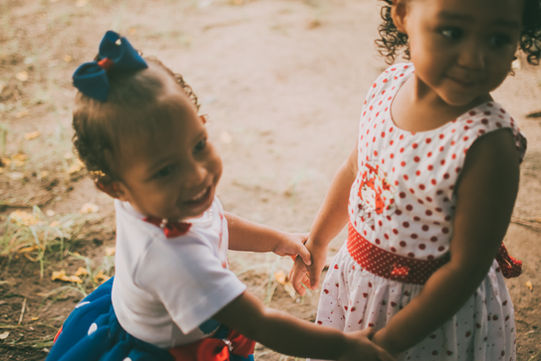
OUR JOURNEY
Introduction
2003
The provision of residential care homes for street connected-children in Belo Horizonte, Brazil. Front line work at grass roots level rescuing hundreds of vulnerable children and young people from the city's streets.
2007
Happy Child’s operations extend to Recife north east Brazil. We established a residential care home for street-connected boys and girls at risk as the crisis of vulnerable children in this region continued to grow.
2015
We opened a residential care home for young vulnerable teenage mums and their babies, some who were getting pregnant as young as 12 or 13 years old on the streets of Recife. This was in response to a growing acute crisis which was leading some of the vulnerable young into the commercial sex trade.
2020
Due to the Covid 19 pandemic, our local partner in Recife had to close its mums and babies home. However despite this interruption to its operations the charity has been able to respond quickly to the national situation in Brazil. It continues to offer vital help to children and young people who need it.
2023
Happy Child International is
working with three partner projects to deliver services to vulnerable children, young people and families from low – income communities.
The work today focuses on helping communities in the state of Pernambuco, where there are over 1.5 million children living in very poor conditions in makeshift homes (Grupo Ruas e Pracas 2020), to find a way out of poverty.
Through collaborating with Christian organisations working at a grassroots level Happy Child International’s resources are reaching vulnerable children, young people and their families.
Why we do what we do
Happy Child’s vision is that “every child deserves to reach his or her full potential”. We have been fulfilling this remit for that last 32 years. One by one, we want to bring transformation and change to the lives of those living in poverty. We believe that working in local communities through local partners is the best way to achieve our vision today. Transformation for us involves lifting vulnerable children and young people out of poverty by giving them education and skills training opportunities, protecting them from violence and supporting and caring for their families. These are the main areas in which we think our resources can be most effectively used.








